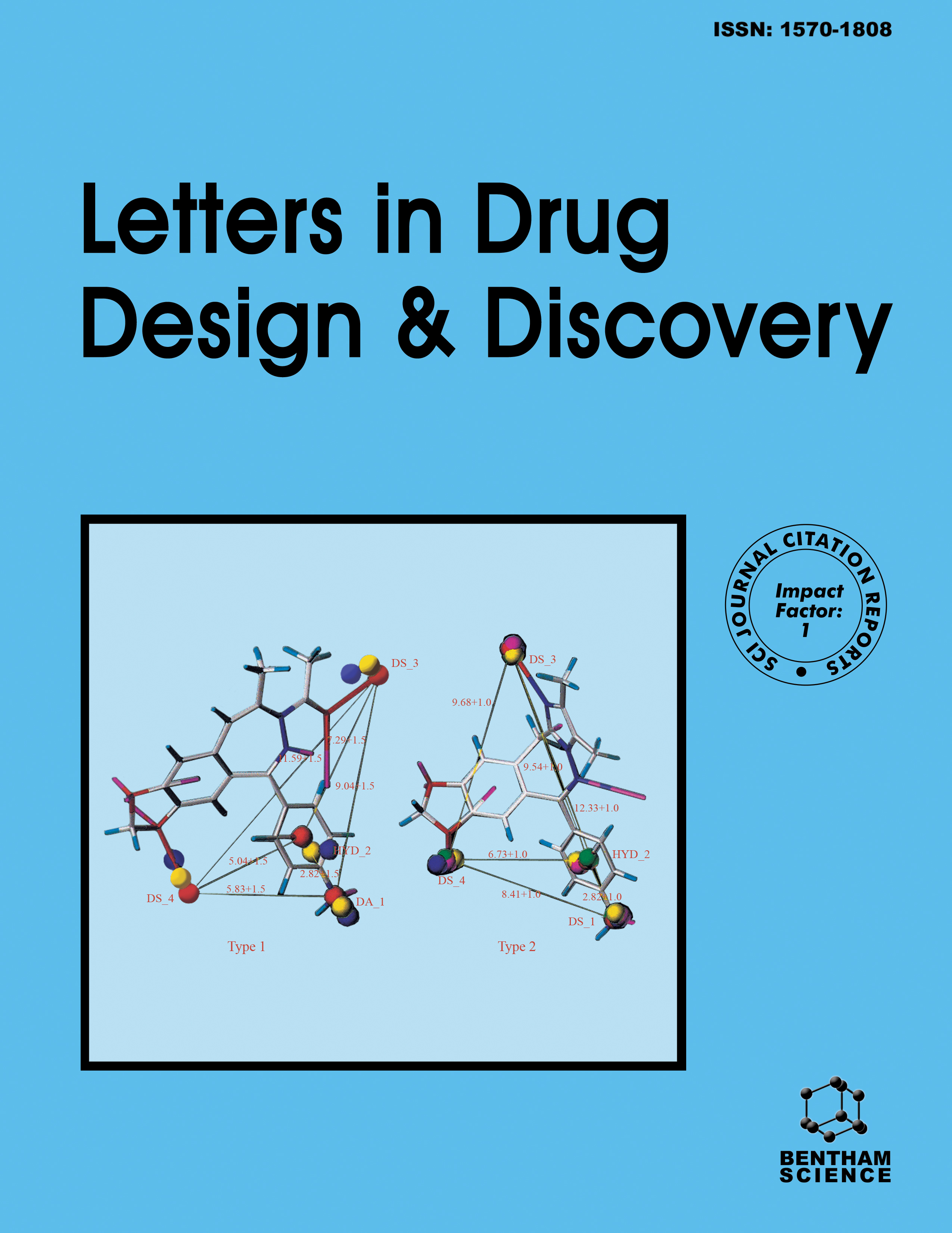
Full text loading...
Since renal ischemia-reperfusion (I/R) can lead to a serious health problem, aquaporins have important roles in preventing negative changes in electrolyte-water balance. This study aimed to determine the effect of naringin treatment on renal function and AQP1 and AQP2 levels in the kidney cortex and medulla tissues in experimental renal I/R in rats.
The study was carried out on 40 male Wistar-type rats, 8-12 weeks old. Experimental groups were formed as follows: 1) Control, 2) Sham+vehicle, 3) Renal (I/R)+vehicle, 4) Renal I/R+ Naringin (50 mg/kg/day) (3 days of administration), and 5) Renal I/R+ Naringin (100 mg/kg/day) (3 days supplementation) group. First, the left kidney was removed by nephrectomy under general anesthesia, and then the right kidney was subjected to 45 minutes of ischemia and then 72 hours of reperfusion. Naringin was given to the experimental animals by an intraperitoneal route at the beginning of the reperfusion, after 24 and 48 hours. At the end of the experiments, first of all, blood samples were taken from the heart in animals under general anesthesia, and then the animals were killed by cervical dislocation, and kidney tissue samples were taken. Osmolarity in plasma and urine and plasma creatinine levels were evaluated. AQP1 and AQP2 levels were analyzed in the kidney cortex and medulla tissues by ELISA and PCR methods.
In kidney tissues, I/R led to a decrease in plasma and urinary osmolarity, AQP1 and AQP2 levels in the cortex and medulla, and an increase in urea and creatinine levels (p < 0.001). However, naringin supplementation corrected the deterioration to a certain extent.
The results of the study show that naringin supplementation at different doses, such as 50 or 100 mg/kg, may have protective effects on the deterioration of renal function caused by unilateral nephrectomy and I/R in rats.

Article metrics loading...

Full text loading...
References


Data & Media loading...

